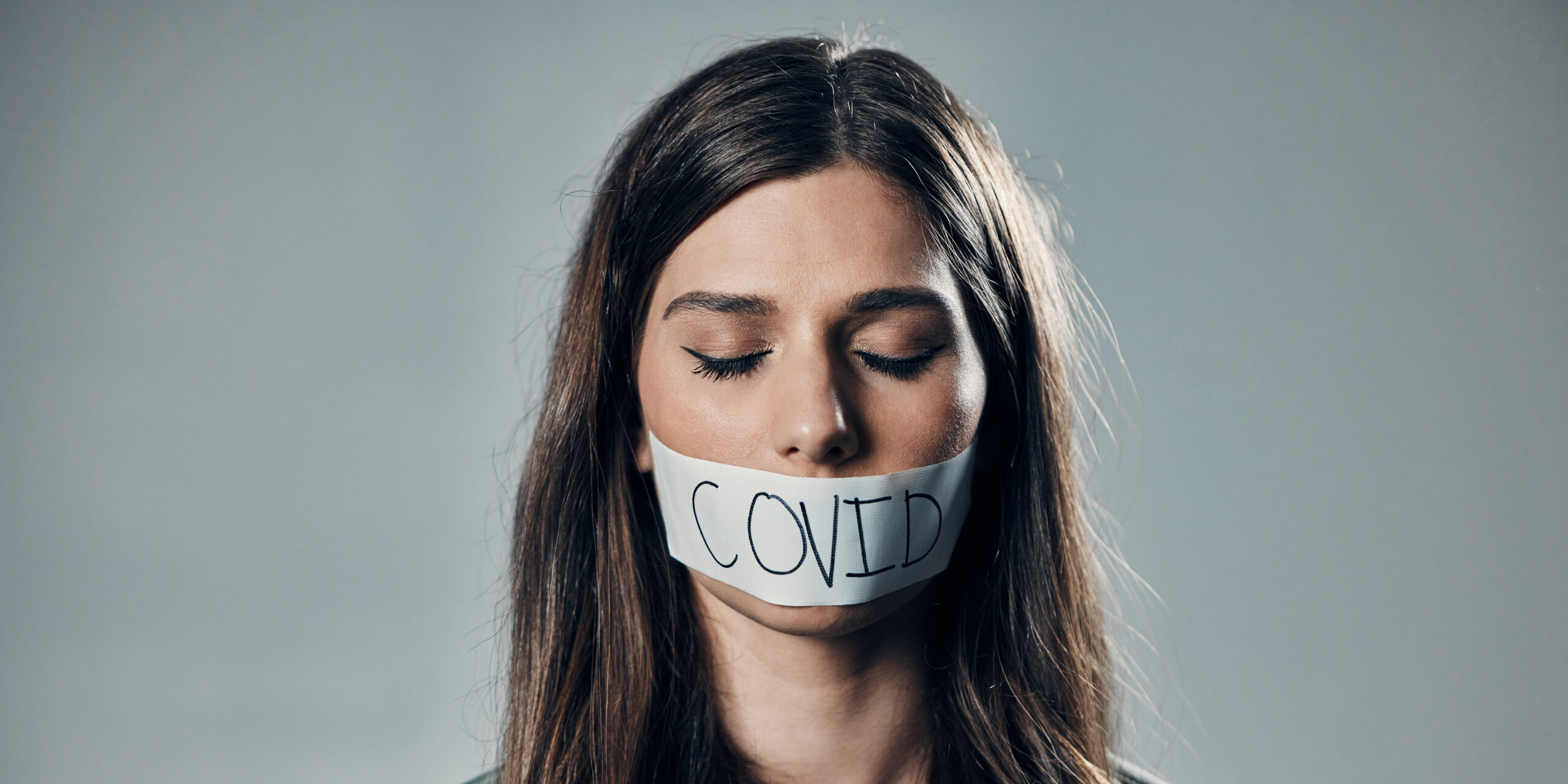
Does First Amendment speech protection cover all health misinformation?
Nearly two-and-a-half centuries after the adoption of the First Amendment to the U.S. Constitution, the question of acceptable limits to free speech is generating perplexing legal questions.
Former President Trump has complained bitterly to reporters and on the 2024 campaign trail that “my speech has been taken away from me.” Trump was referring to U.S. District Judge Tanya Chutkan’s gag order in Trump’s real-estate fraud trial.
Simultaneously, colleges and universities are struggling to find a balance between students’ rights to protest Israel’s response to the October 7 Hamas attacks and the safety of participants. Pro-Israeli advocates have harshly criticized the protestors publicly and even “doxxed” participants for their demonstrations. (Doxxing is the act of publishing someone’s personal details that were previously private.)
For examples, days ago, a truck circled Harvard Square bearing the names and photographs of protestors against Israel’s actions on oversized LED screens.
We’ protect your right to pursue excellent law marketing
Our LawMarketLink program is not only a robust suite of services to market your law firm, it’s also guaranteed to grow your practice 15%-30% in year one – or we work for free.
JAMA: Social media contributed to 1 in 20 trying non-evidence-based COVID treatment
In healthcare, two recent developments have accelerated a free-speech controversy taking center stage ever since the COVID-19 pandemic. The global health emergency incited dubious claims about certain precautions and treatments.
First, new survey results published in the Journal of the American Medical Association (JAMA) found that 1 in 20 people “with probable COVID-19 reported using a non-evidence-based treatment.” Those survey respondents were driven in no small part by social media misinformation.
Other contributors included some traditional news sources and then-President Trump in his endorsement of the use of hydroxychloroquine for attacking the virus.
Most misinformation came from a tiny number of doctors
Second, another JAMA study published in August found that a mere 52 physicians spread COVID-19 misinformation to millions of Americans on social media. Collectively, the doctors disseminated false information to approximately 18 million followers just on Facebook and Twitter (now X).
Nearly one-third of the doctors identified were affiliated with groups that historically have spread misinformation. This includes America’s Frontline Doctors, a right-wing group whose founder authorities arrested during the January 6 riot at the U.S. Capitol.
FDA steps up effort to combat health misinformation
Tragically, “approximately one-third of the more than 110,000 COVID-19-related deaths as of January 18, 2023, could have been preventable if public health recommendations had been followed,” the study reported. More aggressive rebuttals against misinformation might have saved thousands of lives. Accordingly, the FDA has stepped up efforts this year [2024] to combat health misinformation.
Constitutional issues aside, vigorous debate has played an indispensable role in scientific exploration and experimentation for centuries. But where, if anywhere, does the bright line lie between validly open argumentation for the public’s benefit and potentially lethal lies? It is a question sure to vex legal scholars, courts, scientists, ethicists, politicians, and government officials for years to come.
Disclaimer
The information on this website does not constitute legal advice and is not guaranteed to be correct, complete, or up to date. The information is provided as is without warranty of any kind, either express or implied, including but not limited to, the implied warranties of merchantability, fitness for a particular purpose, or non-infringement. Vanguard Communications authorizes website visitors to view, store, print, reproduce, copy, and distribute any pages for non-commercial purposes. In consideration of this authorization, you agree that a) any copy of these documents shall retain copyright and other proprietary notices herein, and b) this disclaimer is included with any distribution.